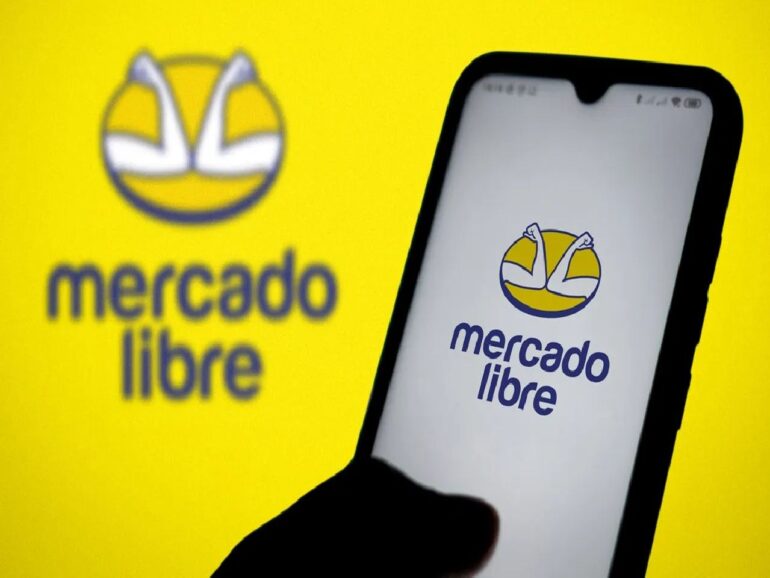Mercado Libre, the Amazon of Latin America, has just hit over 50 million unique fintech users, the e-commerce company reported recently. This marks a record for the Argentina-based corporation, which has significant operations in Brazil and Mexico as well and contends with rivals like Nubank and other emerging neobanks across the region.
The e-commerce firm, which operates a neobank under the name Mercado Pago, witnessed remarkable user growth over the past year, with numbers soaring by almost 10 million, including a substantial 4.3 million increase in the last quarter alone. As of December, the user count stood at 53.3 million, leading to a significant leap forward in total payments processed.
In a letter to its shareholders, Mercado Libre said it was able to generate “major market share gains” and strong margin expansions. “We are seeing the powerful impact of the compounding of several years of investments in technology,” it read. “Our long-term strategy is bearing fruit and we are making the right investments to position our ecosystem as a long-term winner in Latin America’s commerce and financial service markets.”

Mercado Libre and fintech revenue
Fintech revenue totaled $1.8 billion in the period, 73% year-over-year growth as the company works on monetizing its ample customer base. While based in Buenos Aires, most of this revenue is generated in Brazil, while the company also has a significant operation in Mexico.
Mercado Pago has placed bets on a high-yield savings account product to draw customers out from traditional banks, paying interest rates on deposits that can easily surpass that of big lenders. It reported over 30 million accounts of this nature.
The digital bank launched a credit card in Mexico in 2023 and accelerated its issuance in Brazil, Latin America’s largest market. “It is still early days in Mexico, but so far the credit card is performing as expected, and we are confident that our proprietary data will be a major competitive advantage.”
A riskier approach to credit
Mercado Pago is aware that a strong credit offering is critical to its fintech ecosystem. The firm is gradually rolling out more loans, especially after non-performing-loan ratios decreased significantly throughout the year.
Large fintech neobanks tend to shy away from credit due to the complexity and risk embedded in the product. Default rates for these loans were reported at nearly 30% a year ago, which had driven digital lenders to pull the brakes on new lending. However, Mercado Pago now reported an 18.7% figure by the end of 2023, which executives said was much more manageable.
The fintech’s credit book grew 33% year over year to $3.8 billion by the end of 2023, with credit card and consumer loans as the main drivers for growth.
While the fintech unit continues to broaden its revenue and expand its product range, including the introduction of credit cards in Mexico and expanding its loan services, the consolidated group’s net income fell short of expectations. Despite posting a $165 million profit, consistent with the year-ago quarter, shares dipped in aftermarket trading following the announcement.


